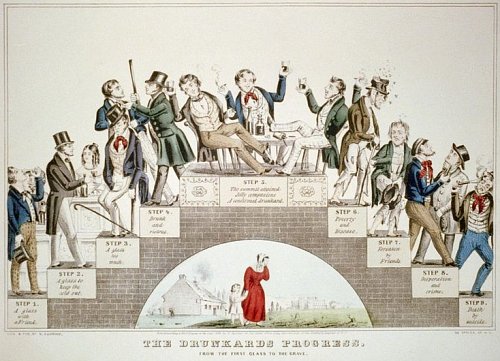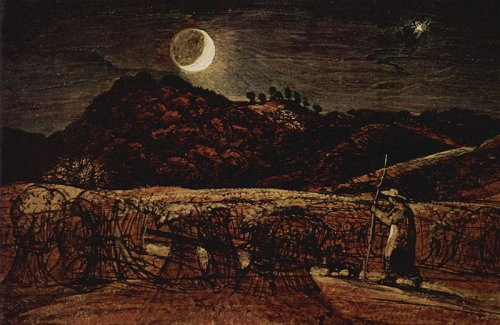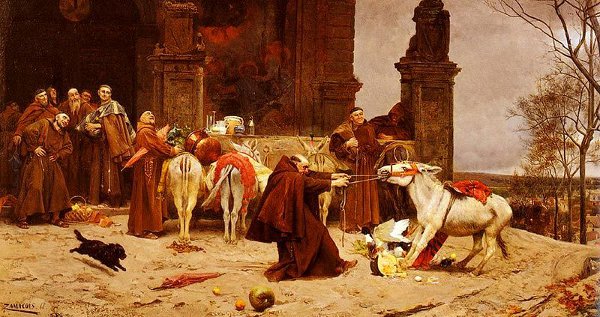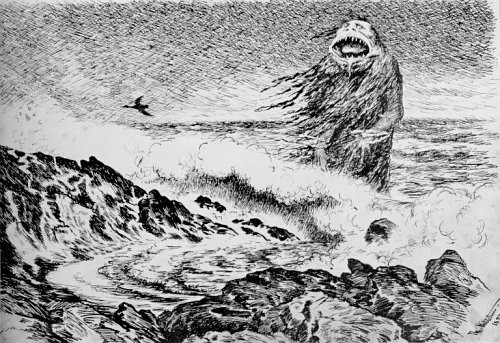
nephalist
n. a teetotaler

nephalist
n. a teetotaler

naupathia
n. seasickness
After an unusually queasy Channel crossing in 1868, Henry Bessemer conceived a steamer whose cabin was mounted on gimbals. In heavy seas the hull could roll beneath the passengers without rippling their cognac.
Work began immediately; in 1872 constructor E.J. Reed promised, “Although she may not fulfil every random prophecy that has been printed respecting her, she will thoroughly fulfil the object which the travelling public desire — namely, that of enabling us to cross to and from the Continent with health, decency, and comfort.”
The 350-foot S.S. Bessemer undertook her first public voyage on May 8, 1875 — and inauspiciously crashed into the pier. She moved too slowly and would not answer the helm. Investors lost confidence and the ship was eventually sold for scrap, but Bessemer insisted to the last that his conception had not been fully realized: “My hydraulic controlling apparatus was never completed, was never tested at sea, and consequently never failed.”
procerity
n. tallness
leptodactylous
adj. having slender toes or fingers
leptorrhine
adj. having a long, narrow nose
leptosome
n. a thin, frail, or slender person
windlestraw
n. a tall, thin person
blaguer
n. one who talks pretentiously
blatteroon
n. a senseless babbler or boaster
perissology
n. needless abundance of words
propreantepenultimate
adj. last but four
(Thanks, Aleksejs.)

pernoctation
n. the act of staying up all night
eellogofusciouhipoppokunurious
adj. very good
(This has to be facetious, but I can’t find its origin. I’ve traced it back as far as Maurice Weseen’s 1934 Dictionary of American Slang, but he gives no source.)

nolition
n. unwillingness
gelogenic
adj. producing laughter

ptarmic
n. that which causes sneezing

ugsome
adj. horrid or loathsome